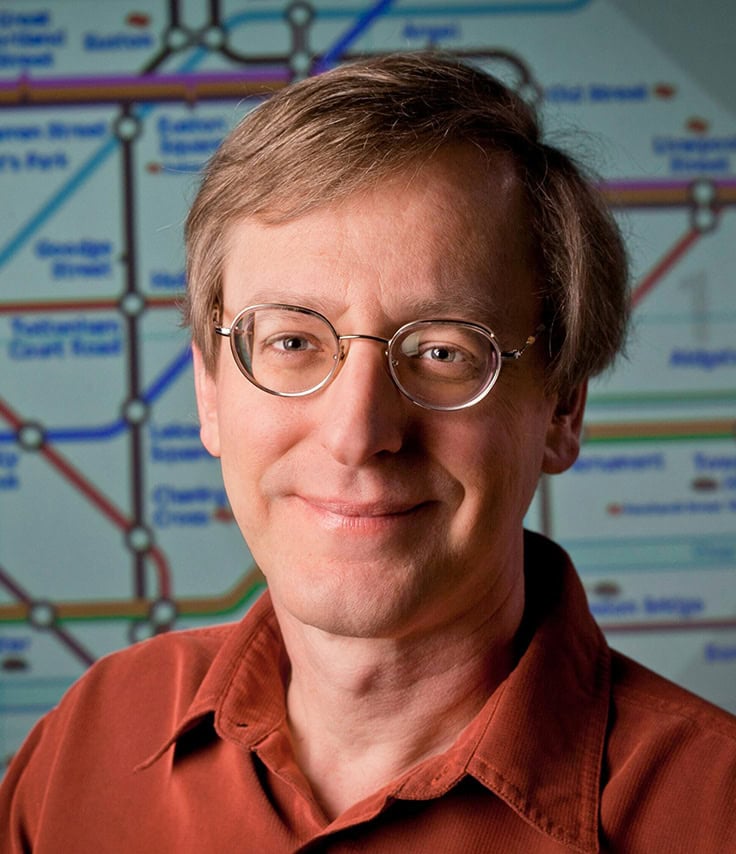Biosketch
David N. Beratan, PhD is the R.J. Reynolds Professor of Chemistry, and also Professor of Biochemistry and of Physics at Duke University. He earned his BS in Chemistry from Duke and PhD in Chemistry from the California Institute of Technology. David was a National Research Council Resident Research Associate at Caltech’s Jet Propulsion Laboratory and a Member of the Technical Staff. He began his academic career at the University of Pittsburgh and moved to Duke in 2001, where he has served as Department Chair. David is a Fellow of the American Chemical Society, American Physical Society, American Association for the Advancement of Science, and Royal Society of Chemistry. He was a J.S. Guggenheim Foundation Fellow, a Visiting Fellow at All Souls College (Oxford), a Ralph and Lucy Hirschmann Visiting Professor at the University of Pennsylvania, and a Conrad E. Ronneberg Visiting Scholar at the University of Chicago. David won the Herty, Florida, Goodman, Morley and Langmuir Awards from the American Chemical Society, the Horizon and Bourke Awards from the Royal Society of Chemistry, the Feynman Prize for Nanoscience from the Foresight Institute, and the Cozzarelli Prize from Proceedings of the National Academy of Sciences.
Research Interests
Dr. Beratan studies the physical origins of function in molecules and molecular assemblies, especially structures that underpin energy transduction in living systems. He also develops strategies to optimize the properties of functional structures. David contributed to the development of “pathway” models for: electron tunneling, hopping, bifurcation, and flickering resonance transport in biological macromolecules. He also helped to establish coupling pathway models for Dexter mechanism electronic energy transport and infra-red gated electron transport. He established strategies to optimize the non-linear electronic response of organic structures and to assign the absolute stereochemistries of natural products through the computation of chiroptical properties; he helped to establish the concepts of chiral imprinting and of inverse molecular design. David’s ongoing studies focus on: the molecular mechanisms of electron bifurcation reactions in biological and bioinspired structures, charge transport over micrometer to centimeter distances in living systems, the physical origins of spin filtering in chiral structures, triplet exciton transport, and the design of de novo proteins with novel redox function.
Membership Type
Member
Election Year
2024
Primary Section
Section 14: Chemistry
Secondary Section
Section 29: Biophysics and Computational Biology
